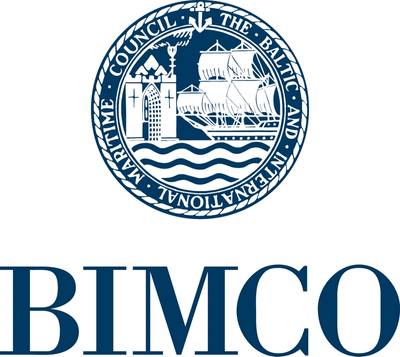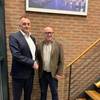Progress in Singapore with Navigational Safety
“In the coming decades, with the rise of Asia in the global economy, the importance of the Straits to the international community will grow exponentially. It is therefore essential that the Straits remain open, safe and secure.”
So said Mr Lui Tuck Yew, Singapore’s Minister for Transport at the opening ceremony of the 5th Co-operation Forum (CF) in Singapore on 24 September 2012. The CF is part of the Cooperative Mechanism (CM) in which the three Littoral states of Indonesia, Malaysia and Singapore together with user states and other stakeholders including industry join forces to enhance navigational safety and environmental protection in the Straits of Malacca and Singapore (SOMS).
BIMCO has joined other industry associations from the outset in supporting such efforts, and this was also true at the 2012 CM meetings.
For example, this year the CF agreed that the development of a “Safe Passage Pamphlet” aimed at raising awareness amongst seafarers on ships transiting the SOMS would be useful in further enhancing safety of navigation. This proposed project was subsequently approved by the Tripartite Technical Experts Group (TTEG) and the Project Coordination Committee (PCC), and a correspondence group co-chaired by the Maritime and Port Authority of Singapore and BIMCO was formed to develop the content of the Pamphlet. The pamphlet is targeted for launch at the 6th CF to be held in Indonesia next year.
Another industry-led project that received attention is the development of a port reception facilities directory, listing all facilities available in the SOMS. INTERTANKO has been steering this project forward using information from databases maintained by the IMO, INTERTANKO and BIMCO as well as by using information provided by the Littoral states. The next phase of this project will focus on verifying the accuracy and completeness of the data collected and looking at the development of a cross reference linking waste types to available facilities.
BIMCO also contributed by introducing a new concept that could be used to enhance the evaluation of safe navigation in the SOMS. Here, BIMCO’s Chief Marine Technical Officer Aron Frank Sørensen made a presentation on Ship domain and Free Flow, outlining the newest tool utilizing AIS collected data into a free flow model, the results of which can enhance marine spatial planning within these waters. He also participated in a panel discussion on Straits projects and navigational safety, which was chaired by Captain Segar, Assistant Chief Executive (Operations) of the Maritime and Port Authority of Singapore. The other panellists included Mr Gary Prosser, Secretary General, IALA and Mr John Murray, Director Marine, ICS.
Another key highlight of the meetings was the signing of the Letters of Acknowledgment by Indonesia, Malaysia and Singapore regarding co-operation to achieve institutional sustainability of the Marine Electronic Highway (MEH) through the TTEG and CM on Safety of Navigation and Environmental Protection in the SOMS. One of the original objectives of the MEH was to provide large scale electronic navigational charts and this will need to be continued in the future. Meanwhile Malaysia and Singapore are developing backup data centres for the MEH Project. The International Maritime Organization (IMO) handed over the Marine Electronic Highway (MEH) Data Centre to Indonesia in August 2012 as the three littoral States agreed for the MEH to be sustained under the Co-operative Mechanism and TTEG.
Another industry-led project which was steered by the ICS was declared as complete. The ICS had conducted a detailed survey of safety incident reports involving ships in the SOMS. Whilst it was found that only a very small proportion of transits through the SOMS lead to accidents or near misses, the ICS survey identified heavy shipping traffic, inappropriate speed and the loss of situational awareness as significant factors that need to be addressed. ICS also highlighted concerns about the understanding and use of navigation systems such as ECDIS, AIS and radar. The TTEG conveyed its appreciation to the ICS on the work carried out and agreed that the analysis carried out under this project would be useful in moving forward with the Marine Electronic Highway (MEH) initiative.














